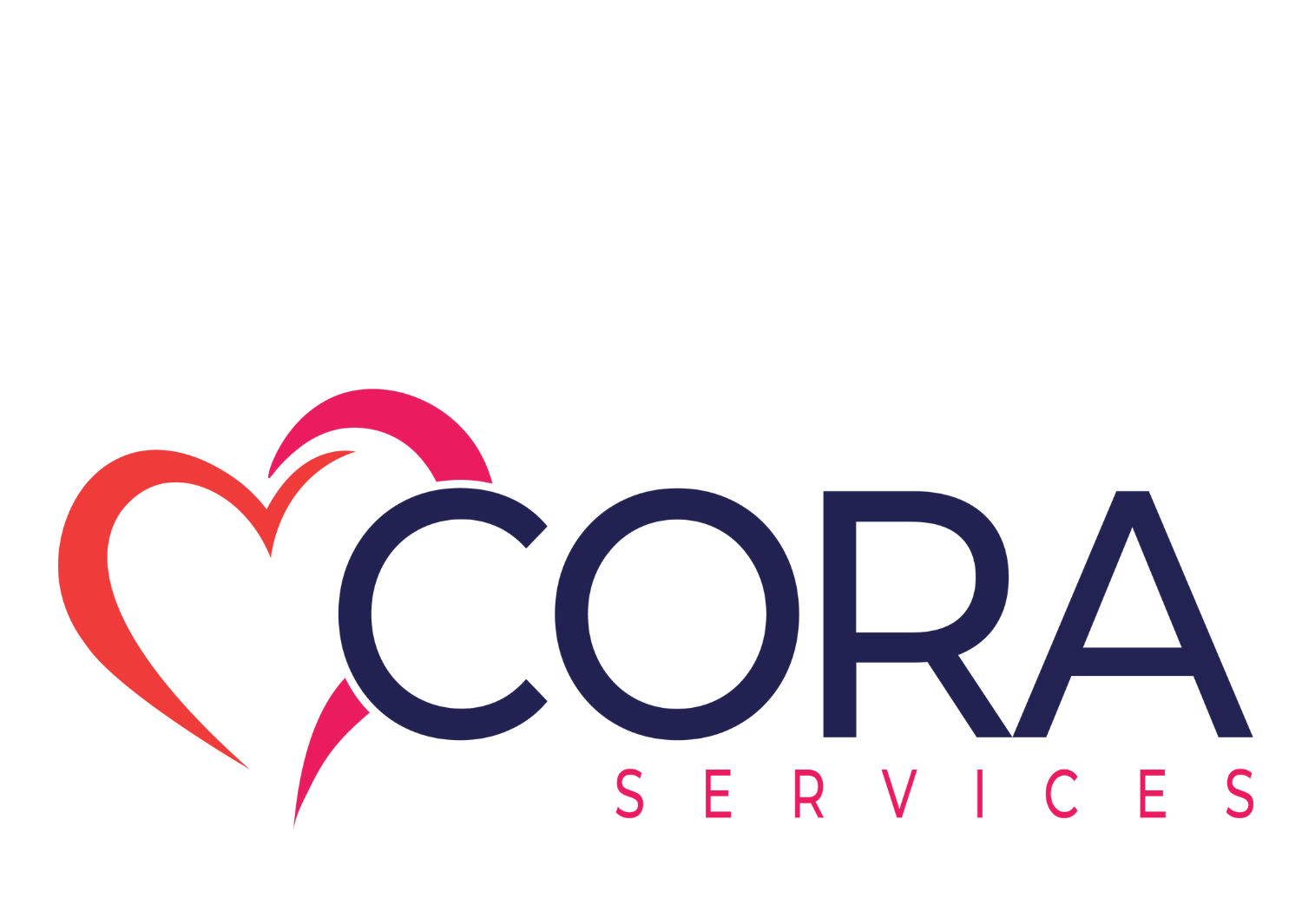GSM Youth Services

At CORA Good Shepherd Mediation, we empower youth to navigate conflict, decision-making, and accountability through socio-emotional education for each stage.
Preventative
Peer Mediation
CORA Good Shepherd Mediation offers a range of training and implementation packages to support schools in establishing and maintaining Peer Mediation programs. Peer Mediation is a student-led approach to resolving conflict and enhancing school climate that has proven to decrease youth-related violence, suspensions, truancy, and increase positive relationships amongst the student body and staff. CORA GSM has provided training and implementation for over 60 schools in the Greater Philadelphia Area. Our packages are customized for Elementary, Middle, and High Schools. We conduct a comprehensive needs assessment; facilitate a robust mediation training for student leaders and their support staff; assist the administration with policy making; and offer additional consulting as needed.
Responsible Use of Social Media In response to the rise of cyberbullying, we created a workshop that supports youth to care for themselves and others in the digital landscape by developing skills like non-violent communication, bystander intervention, and consent education. Although this training is most commonly procured by K-12 schools, extracurricular programs, and summer camps, it can also be used as a diversion program for youth who have been charged under the PA cyber-harassment statue 18 Pa. Cons. Stat.§ 2709.
Restorative
Youth Diversion Programs
Click HERE to register or refer a child to our youth diversion program.
We’re on a mission to replace the school-to-prison pipeline with a pathway to youth leadership. Our diversion programs are more than just a way to protect children from criminal records, they’re also an opportunity for young people to become experts of their personal conflict style and management. Our six-hour Restorative Justice workshop uses cognitive behavioral therapy exercises, circle practice, and popular education frameworks to guide participants through deep self-reflection and transformation. Through these trauma-informed models, youth learn to identify what caused them to commit an offense, take responsibility for the harm caused by their act, self-advocate for their needs, manage and de-escalate conflict, and practice healthy decision-making skills. 82% of participants avoid reoffending after taking our course.
Victim-Offender Conferencing for Youth
Victim-Offender Conferencing for Youth (YVOC) provides diversion participants, between 10 and 18 years old, an opportunity to take responsibility and be held accountable for their actions within a framework that balances the needs and responsibilities of victims, offenders, and the community. Restorative Justice, from which YVOC was born, recognizes that most youth who have caused others harm have also been harmed. Therefore, YVOC is a diversion model that offers participants the opportunity to engage in a trauma-informed dialogue with their victims in hopes of finding a creative solution that supports the healing and transformation of both parties as a way to prevent further cycles of violence. During a YVOC, parties meet face-to-face in a structured, secure environment to establish recognition and understanding of the events that transpired; promote accountability on the part of the diversion participant; transform the diversion participant’s behavior; and negotiate restitution or symbolic restitution. If the victim declines the invitation, the diversion participant attends a parent-youth conference where the discussion centers on the consequences of the youth’s actions to themselves, the victim, the family and their community.
A 2008 recidivism study of the 98 juvenile offenders who participated in CORA GSM’s YVOC Program over a 2.5-year period, revealed that only 10.2% have committed a new delinquent act. Juvenile offenders who do not participate in VOC or any other diversion program in Philadelphia have a 44.4% recidivism rate. This demonstrates the YVOC model’s potential for helping to curb the cycle of violence in our community.

